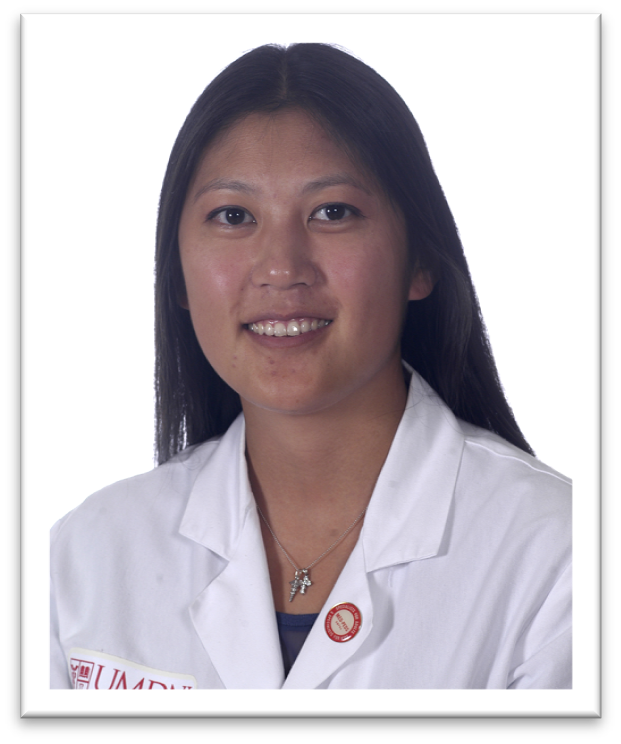Kristin Wong, MD, FAAP, FACP
Assistance Professor of Medicine and Pediatrics, Internal Medicine-Pediatrics Residency Program Director
Department of Medicine
Rutgers New Jersey Medical School
Email: kgw22@njms.rutgers.edu
Originally born and raised in Kansas by immigrant parents from Hong Kong, Dr. Kristin Wong earned her Bachelor of Arts in Political Science from Duke University and Medical Doctorate from the University of Kansas. She then completed a Combined Internal Medicine-Pediatrics Residency and an Internal Medicine Chief Resident year at Rutgers New Jersey Medical School. She continued at Rutgers, finding her passion for teaching and serving the Newark community as an Assistant Professor and the Internal Medicine-Pediatrics Residency Program Director. In addition to her clinical practice, she serves on various committees focused on improving medical education.
Project Sponsor
Neil Kothari, MD, FACP
Associate Professor of Medicine, Associate Dean for Graduate Medical Education
Department of Medicine
Rutgers New Jersey Medical School
Abstract:
Physician clinical productivity is measured nationally through a system called Relative Value Units (RVUs) developed by the American Medical Association in 1988. For physicians in medical schools and/or teaching hospitals, an equivalent standardized method for measuring academic or scholarly productivity does not exist. In fact, many physicians with a mixture of clinical and academic responsibilities struggle to find a balance within their daily activities that will be deemed equally productive and acknowledged. This imbalance may lead to confusion, limited faculty development, and disparate expectations. Establishing an education-based Relative Value Unit or “eRVU” system has been shown to provide transparency, standardize expectations and incentivize faculty involvement in academic and educational work. Using the 2000 Association of American Medical Colleges (AAMC) guidelines for the development of an eRVU system, I propose a pilot program to be instituted within the Department of Medicine at New Jersey Medical School (NJMS).
Many institutions across the country have developed their own eRVU systems. A review of these systems to understand advantages and disadvantages of each will help to provide useful benchmarks for clinical departments at Rutgers University. Using the Department of Medicine at NJMS as a pilot, the application of the eRVU system can then be further refined and vetted based on the unique characteristics of our institution. Ongoing review of the system through a newly formed department committee of key stakeholders can ensure that the system is constantly evaluated for accuracy and effectiveness.
Measuring the effectiveness of eRVUs by assessing its parity with clinical RVUs, consistency across educational efforts, and satisfaction among faculty is of utmost importance. Further support of an eRVU system through financial means would also help in its utility but could also risk greater financial burden on the institution. Using eRVUs as an incentive program would require further scrutiny before implementation.
